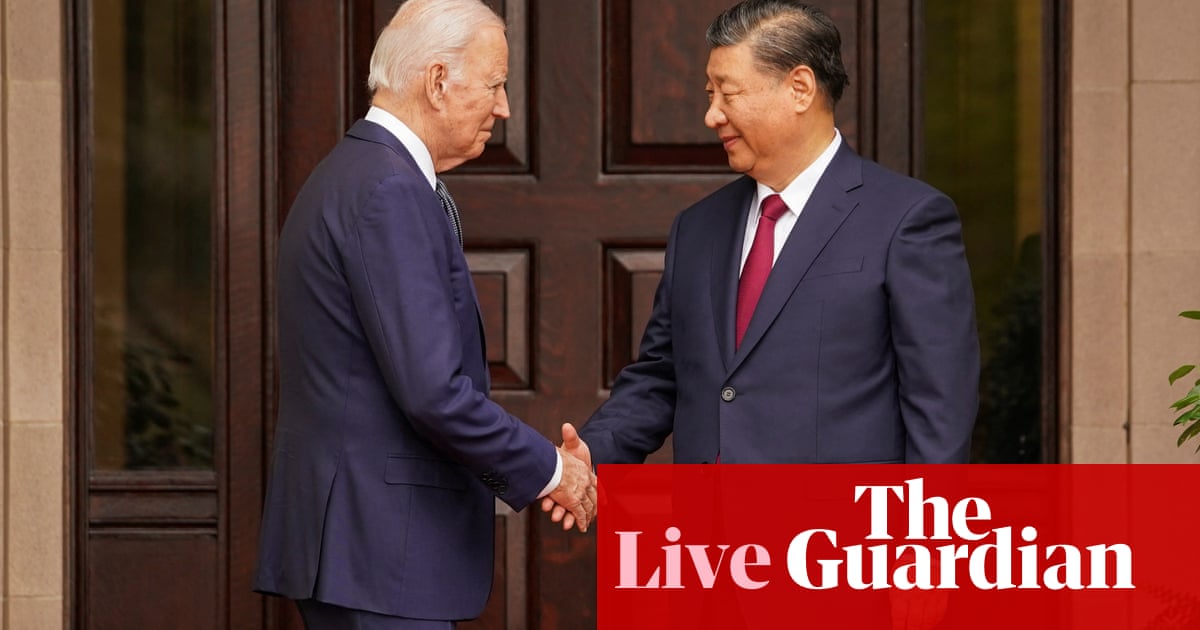
Hong Kong police have launched a hotline for the city’s residents to inform anonymously on anyone they allege has broken a sweeping new national security law.
Critics say the measure has disturbing echoes of surveillance methods used in mainland China, will deepen divisions in the city and could be exploited by individuals trying to settle personal, business or political scores.
The system allows people to send tip-offs via video, audio files and pictures to the police, without sharing their personal details. More than 1,000 pieces of information were submitted on Thursday, the first day of operation, the South China Morning Post reported.
The system “replicat[es] the Chinese Communist party’s model of relying on grassroots informants,” Maya Wang, a senior China researcher at Human Rights Watch, said on Twitter.
Hong Kong authorities said the law brought in by Beijing in June would affect only a “small minority who endanger national security”. But it has already been used to target pro-democracy politicians, activists and academics, and to curtail a year-long protest movement.
The Democratic party legislator James To said the hotline could tear an already divided city apart, and was unnecessary when the police’s existing national security unit already had “tremendous” powers.
“It will be a serious blow to freedom in Hong Kong and will undermine the trust between people,” he told the local broadcaster RTHK. “Much of the reports will be related to individuals’ political opinions.”
Comments on a police Facebook page promoting the site deepened concerns that some in Hong Kong hoped to use it for surveillance of neighbours with political differences.
Posters said they would use it to denounce people who ate at restaurants known to back the pro-democracy movement, RTHK reported. Others made comments attacking “cockroaches”, a term sometimes used to attack supporters of the pro-democracy movement.
Joshua Wong, a student activist, said the hotline carried disturbing echoes of one of mainland China’s most turbulent periods, the Cultural Revolution of the 1960s and 1970s. Then, neighbours, colleagues and even families were encouraged to denounce each other, with devastating and sometimes deadly consequences.
“No matter where you are, your private conversations, business chats, social media posts or school lectures can be reported via this new hotline,” Wong said. “By putting ‘eyes and ears everywhere’, the hotline can also be used for business retaliation, by encouraging citizens snitching on each other and cooking up charges against business competitors, just like what happened during China’s Cultural Revolution.”












